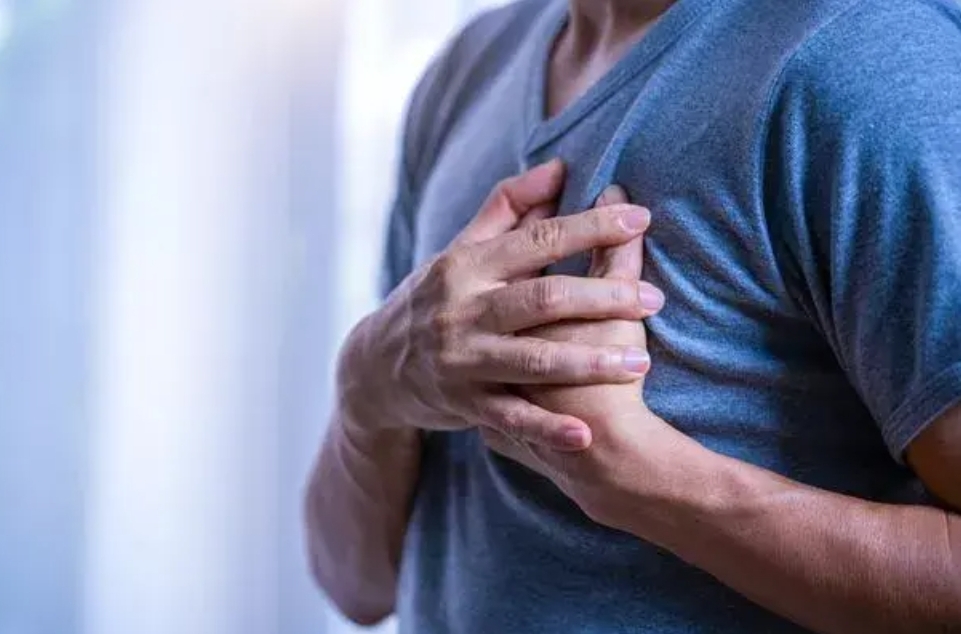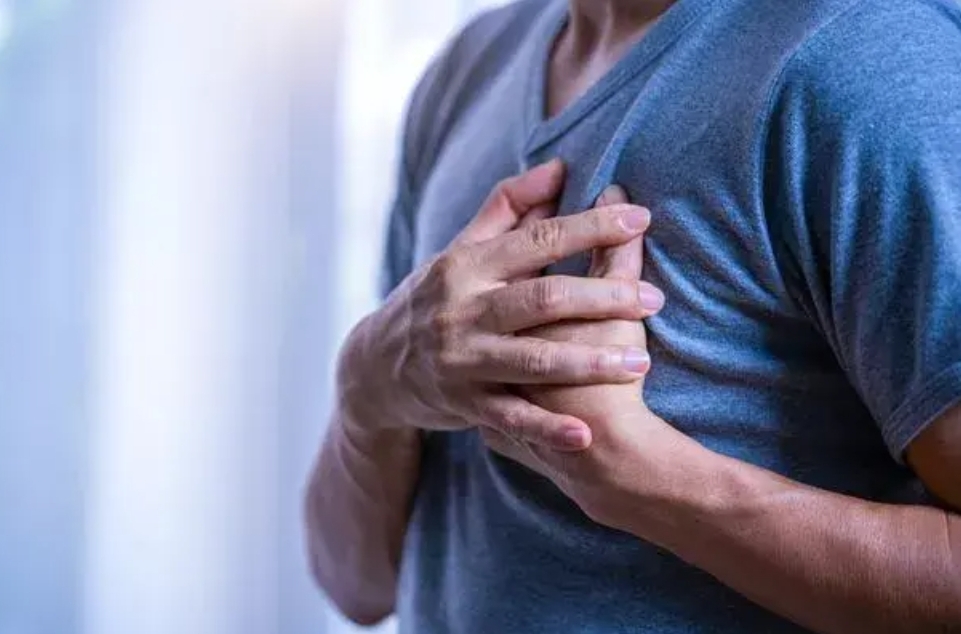
Heart disease is a common condition in the UK, with 2.3 million people living with coronary heart disease, according to the British Heart Foundation (BHF). It’s a condition that affects men more than women.
Heart failure is also another serious condition. Around 690,000 people in the UK are on their GP’s heart failure register, with 80 percent of diagnoses made in hospital, reports the Mirror.

This is despite 40 percent of patients having symptoms that should have triggered an investigation. These aren’t diseases to take lightly, so it’s important to be aware of the symptoms that might warrant a trip to your doctor.
Swelling in your legs and feet
Also known as oedema, swelling in the lower parts of your body could be a sign that something is wrong with your heart. There are many other reasons for oedema, such as taking certain medications, being overweight, or after an insect bite. However, if there isn’t a reason or if it doesn’t go away, you may want to visit your GP.
Oedema is one of the main symptoms of heart failure. According to theNHS, it’s a buildup of fluid that gets better in the morning and worse later in the day. Professor Newby, Professor of Cardiology at the BHF Centre of Research Excellence at the University of Edinburghsaid: “This shouldn’t be ignored, especially if the ankles get really big, as it can be a marker of heart failure, but it is also very common and has lots of other causes. It could just as easily be from tablets you are taking – for example, blood pressure medication can lead to swollen ankles.”
According to the BHF, this build-up in fluid can also be behind other symptoms that you can experience if you’re suffering from heart failure. The extra fluid can also cause sudden weight gain, and if the build-up of fluid backs up into the lungs, this causes breathlessness.
Feeling sick.
Feeling sick is common, and doesn’t always mean you have a problem in your heart. However, feeling nauseous with pain in your chest could be concerning. Professor Newby said: “If you experience intense chest pain even when you are just sitting around doing nothing and you are also feeling sick, that is the time to call for an ambulance.”
An indigestion-type pain or a burning sensation in your chest or stomach can be a sign of a heart attack or related heart problem, he added. It’s worth calling NHS 111 for advice if you’re feeling discomfort in your chest as well as feeling sick.
Leg pain
Leg pain can be due to many causes, but a “gripping” sensation in your calves could warrant an appointment with your GP. Cramping in your calves while walking could be a marker of peripheral arterial disease, which is most common in smokers and people with diabetes. Peripheral arterial disease is a common condition where a build-up of fatty deposits in the arteries restricts blood supply to leg muscles.
Arm pain
You might not associate arm pain with your heart, but it can be a sign of a heart attack. Professor Newby said: “If your pain is going down the arm, especially the left arm, or into the neck, that makes it more likely to be heart-related than indigestion.
“If it doesn’t go away, or if you know you have heart disease and have used your GTN (glyceryl trinitrate) spray two or three times to no discernible effect, you should be seeking emergency medical advice. Call 999 for an ambulance.”
Jaw and back pain
Jaw and back pain are other symptoms that could be caused by a heart attack, according to Dr Newby. He said: “With heart attacks, it can even happen that the pain is felt in the jaw, or the back. Again, if it doesn’t go away, call 999 and ask for an ambulance.
“There is some evidence that women’s symptoms are more likely to vary from ‘classic’ chest pain, and we know that women are less likely to seek medical attention and treatment.”




